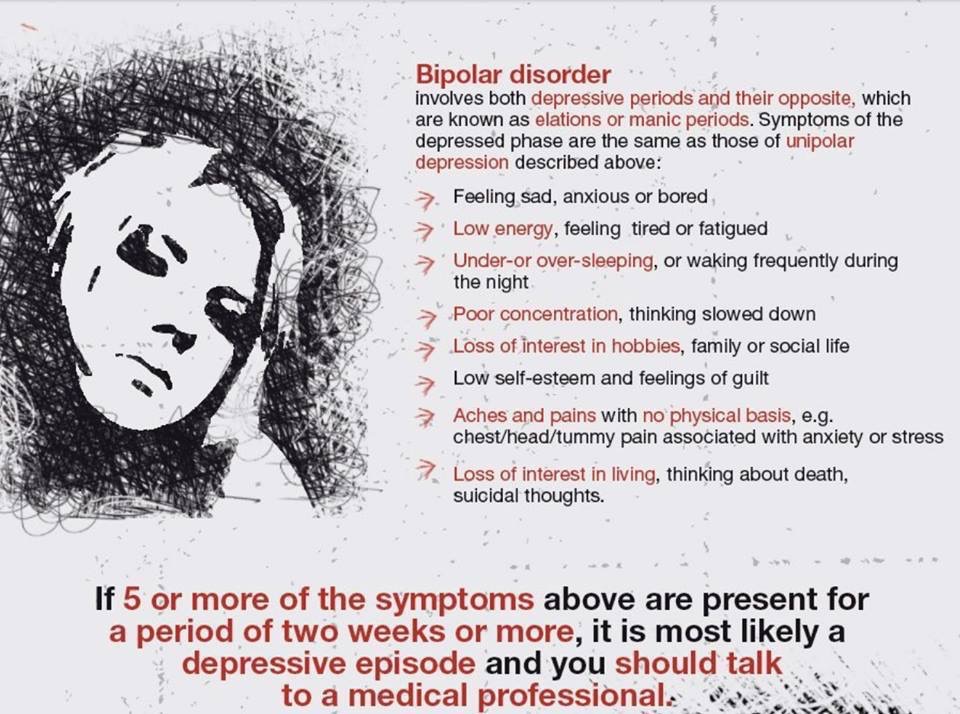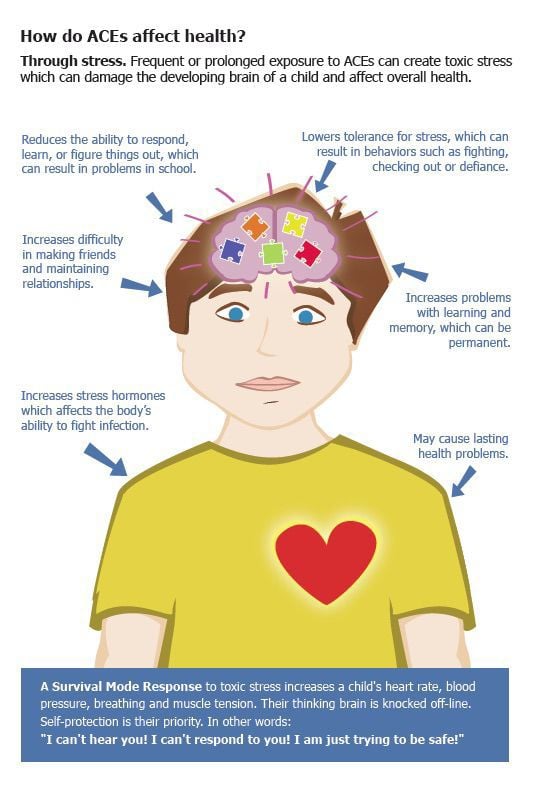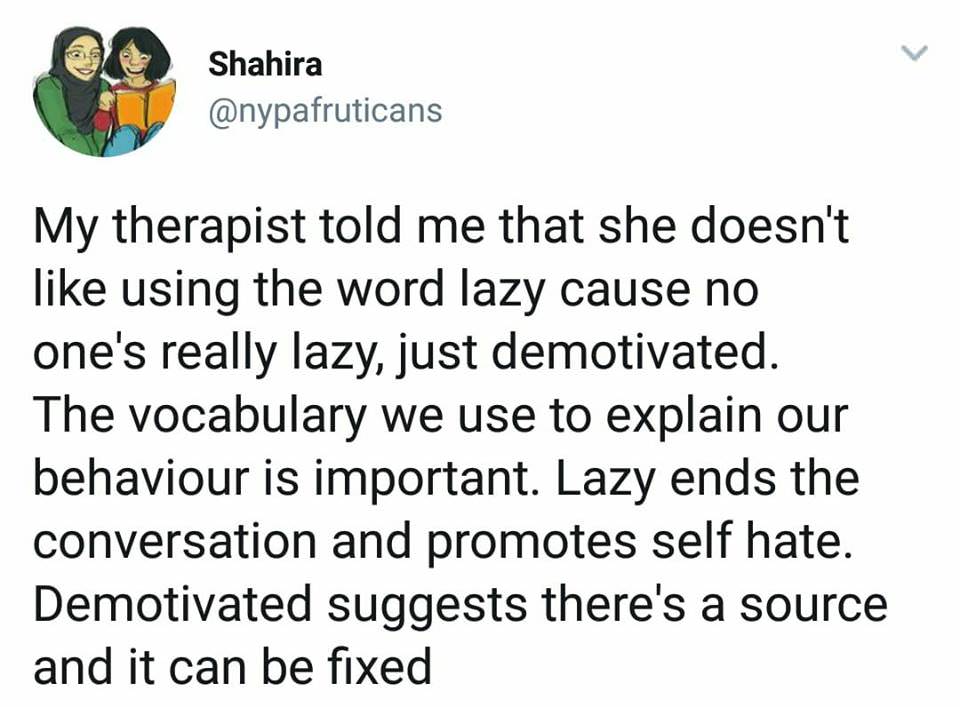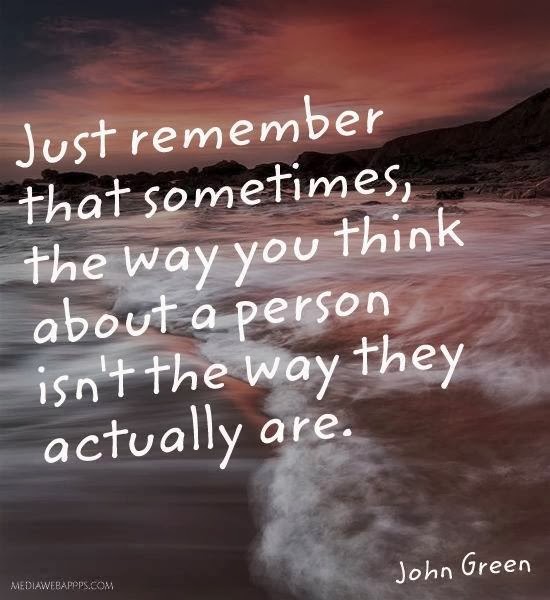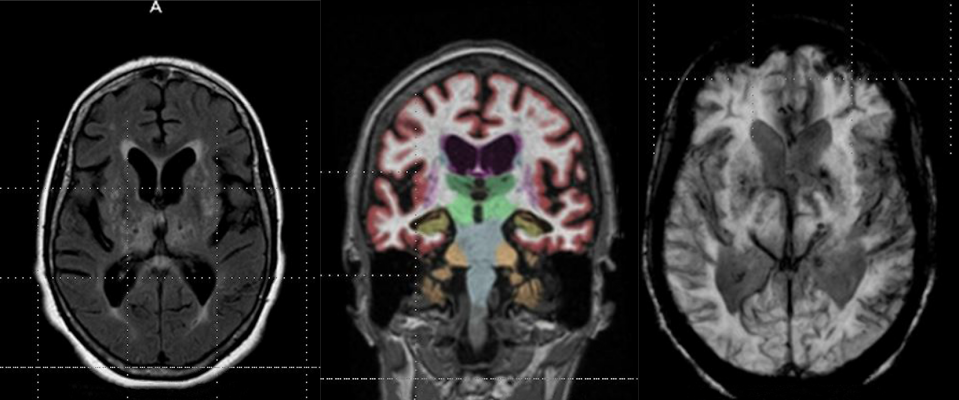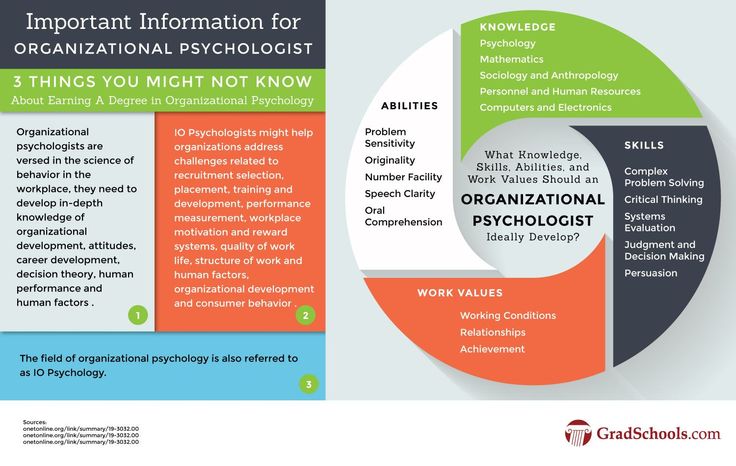I have no feeling
I don't have feelings anymore
“I feel like I don’t have feelings anymore” is a common experience for people who are developing psychosis or depression or who are recovering from a traumatic experience. It can be unnerving to lose the ability to feel or show your emotions.
When we experience trauma, the shock of the traumatic event can make us feel numb. In depression, the feeling of numbness also comes with sadness or feeling heavy or slow in your body. People experiencing psychosis often feel like they no longer have feelings while also hearing or seeing things that might not be there.
Mental health conditions like these are common. 70% of people will experience trauma in their life [1]. 10% will experience depression [2], and 3.5% will experience psychosis [3].
When you lose the ability to feel or express any emotions, this is called flat affect. If you feel numb only to positive emotions but are still able to feel negative emotions, this is called anhedonia. Anhedonia is a common symptom of depression and shows up in a lot of mental health conditions. Flat affect is less common, but it is frequently a symptom of psychosis.
If you think you may be experiencing symptoms of depression or PTSD (which is common in people who have experienced trauma), you can take our free and confidential depression test or PTSD test.
Some symptoms of psychosis are called “positive symptoms.” Others are called “negative symptoms.” That doesn’t mean that positive symptoms are good and negative symptoms are bad. Positive symptoms are things that start to happen that are not “normal,” like seeing or hearing things that aren’t there. Negative symptoms are things that normally do happen, but stop happening when you experience psychosis. Flat affect, where you stop feeling emotions, is a negative symptom.
Below are some questions that we ask people about their negative symptoms of psychosis [4]:
- Has anyone pointed out to you that you are less emotional or connected to people than you used to be?
- Do your emotions feel less strong in general than they used to? Do you ever feel numb?
- Do you find yourself having a harder time distinguishing different emotions/feelings?
- Are you feeling emotionally flat?
- Do you ever feel a loss of sense of self or feel disconnected from yourself or your life? Like a spectator in your own life?
- Do you find that you have trouble getting motivated to do things?
- Are you having a harder time getting normal daily activities done? Sometimes? Always? Does prodding work? Sometimes? Never?
- Do you find that people have to push you to get things done? Have you stopped doing anything that you usually do?
- Do you sometimes find it hard to understand what people are trying to tell you because you don’t understand what they mean?
- Do people more and more use words you don’t understand?
If you said yes to some of these symptoms, it’s worthwhile to take a free and confidential screen here.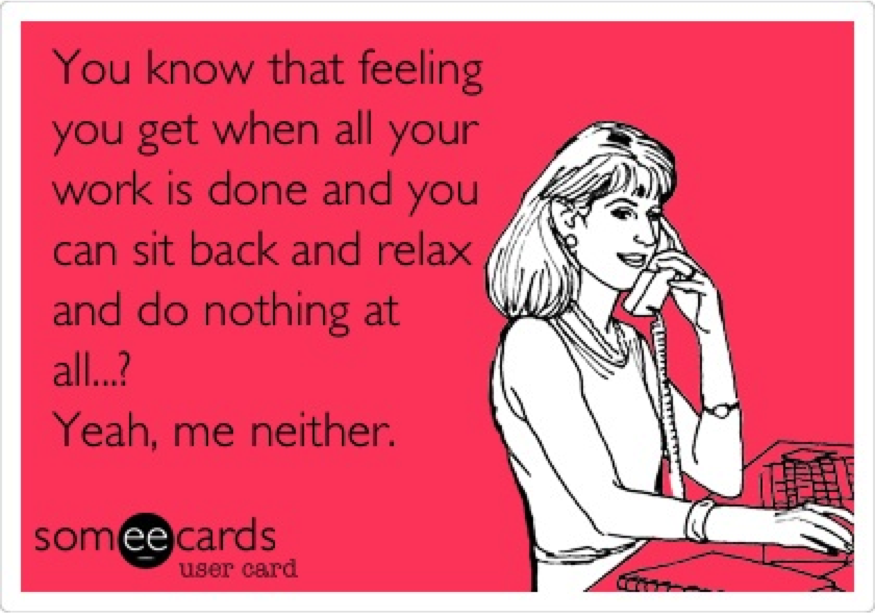
Negative symptoms of psychosis are treatable, but you want to make sure to get help sooner than later. With early treatment of psychosis, you can prevent your “first break.” In a psychotic break, you aren’t able to tell what’s real or not real, or you might not feel like you have control over your experiences anymore. At this point, a person also can be diagnosed with schizophrenia. If you get help before your first break, you will have an easier time managing your symptoms going forward.
If you think you have psychosis, keep exploring this site to learn more about what psychosis feels like. Reach out to someone you trust to talk about these experiences. The earlier you identify solutions to these experiences, the better.
Show References
- Knipscheer et al. (2020). Prevalence of Potentially Traumatic Events, Other Life Events and Subsequent Reactions Indicative for Posttraumatic Stress Disorder in the Netherlands: A General Population Study Based on the Trauma Screening Questionnaire.
 International Journal of Environmental Research and Public Health 17(5), p. 1725. Retrieved from https://www.ncbi.nlm.nih.gov/pmc/articles/PMC7084195/
International Journal of Environmental Research and Public Health 17(5), p. 1725. Retrieved from https://www.ncbi.nlm.nih.gov/pmc/articles/PMC7084195/ - Lim et al. (2018). Prevalence of Depression in the Community from 30 Countries between 1994 and 2014. Scientific Reports 8, p. 2861. Retrieved from https://doi.org/10.1038/s41598-018-21243-x
- Van Os. (2015). The transdiagnostic dimension of psychosis: implications for psychiatric nosology and research. Shanghai Archives of Psychiatry 27(2), pp. 82-86. Retrieved from https://www.ncbi.nlm.nih.gov/pmc/articles/PMC4466847/
- These questions were pulled from the Structured Interview for Psychosis-Risk Symptoms: http://www.easacommunity.org/files/SIPS_V5-1-1%20V5.doc
Causes and Treatment for Emotional Numbness
Feeling emotionally numb or a general lack of emotion can be a symptom of several different medical conditions or a side effect of some medications.
Emotional numbness creates a sense of emptiness, isolation, or emotional disconnect from the rest of the world. The numbness can be unbearable for many people who experience it.
The numbness can be unbearable for many people who experience it.
Find out what it’s like, why it happens, and how to manage and prevent it.
Emotional numbness, also sometimes called emotional blunting, can be difficult to imagine if you have not experienced it.
Some people describe it as feeling emptiness or despondency, while others report feeling isolated. Some feel as though they have no future or that there is no hope for the numbness to ever fade.
“Often I feel invisible, like I’m a ghost. I watch my family engaging with each other, but feel like there’s an invisible barrier that keeps me from joining them,” describes Amy H., who has experienced emotional numbness from depression. “I’m like a submarine drifting undetected, picking up on other people’s emotions like sonar. However, if you were to ask me what my own feelings are, I wouldn’t be able to tell you.”
Rebecca C.* has a similar experience with numbness caused by depression: “The world around me often seems slightly superficial, [like] I am simply going through the motions and can’t connect to my environment,” she explains. “It makes me feel as if there were analog TV static in my brain. I am unable to communicate or think deeply.”
“It makes me feel as if there were analog TV static in my brain. I am unable to communicate or think deeply.”
Some people describe emotional numbness as feeling unfocused or ungrounded.
“It basically feels like when you zone out before you go to sleep,” Amanda D. said. “Feels like being unfocused. And sometimes, especially right when you are going through it, it’s really hard to understand how the world keeps moving when it should have stopped.”
*Some names have been changed at the request of interviewees.
There are a number of different things that can cause emotional numbness to occur. While depression and anxiety are the most common causes, others include the following:
- Stress and stress hormones: Elevated cortisol levels can lead to emotional numbness in some people.
- PTSD: Post-traumatic stress disorder (PTSD), which may change your stress hormone levels, can be tied to depression, anxiety, and symptoms like emotional numbness.
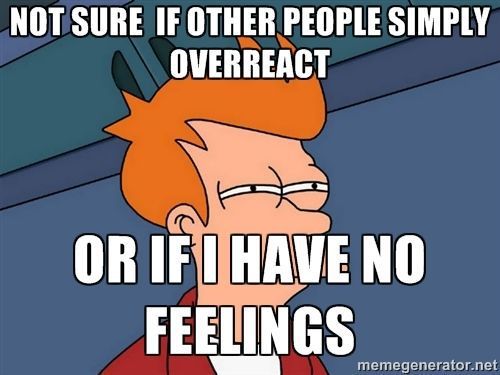
- Medication: Some medications used to treat anxiety and depression affect how the brain processes mood and emotion. Selective serotonin reuptake inhibitors (SSRIs) affect serotonin levels in your brain, which could also alter dopamine levels. Most evidence is anecdotal, but a 2021 review of research suggests this could explain medication-induced emotional numbing.
- Depersonalization-derealization disorder: People with depersonalization-derealization disorder may experience numbness in their minds or bodies.
- Fatigue: Experiencing physical fatigue and burnout could lead some people to have emotional blunting.
Despite how it may feel, emotional numbness is not permanent. Treatment is available to provide both immediate relief and long-term remission.
The first step in treating emotional numbness is to identify and treat the underlying cause. A healthcare professional can help with this, or they may refer you to a mental health professional.
You’ll be asked what medications you take and what other symptoms you have. If your doctor thinks one of your medications is to blame, they may substitute it with something else.
If you do not already have a mental health professional, the FindCare tool can help you locate one in your area.
Immediate relief options
To start getting more immediate relief from emotional numbness, you can also try several treatment options:
Make an appointment with a mental health professional
A mental health professional can offer coping techniques to help you regain your feelings. Some professionals, like psychiatrists, can prescribe different medications.
While antidepressants typically take up to 6 weeks to start working, your doctor may prescribe anti-anxiety medication like benzodiazepines or beta-blockers for you to take while the other drug builds in your system.
Rely on your support system
Even if you’re having trouble connecting, reach out to the people who love you. They may be able to help you connect, and you may find relief in telling them what you’re going through.
They may be able to help you connect, and you may find relief in telling them what you’re going through.
Exercise
When you’re feeling numb, the last thing you may want to do is get up and move, but it’s one of the best things you can do.
Running, swimming, yoga, and kickboxing classes are all great for stress relief, but even just taking a walk around the neighborhood can help flood your brain with endorphins. To get the best results, exercise daily.
Get plenty of sleep
Getting 7 to 9 hours of quality sleep every night could help improve your mood.
Long-term care
For long-term methods of treatment and prevention of emotional numbness, you may want to follow these tactics:
Eat a healthful diet: By eating nutrient-dense foods, you fuel your body to work at its best. Specifically, fish, fresh fruit and vegetables, and other antioxidant-rich foods can improve mood regulation.
Minimize stress: Minimizing stress or improving how you manage it can positively affect your body, reduce stress hormones, and help you regain emotional feeling. Reduce the stressors in your life, and practice stress-busting techniques like meditation or mindfulness to better manage stress.
Reduce the stressors in your life, and practice stress-busting techniques like meditation or mindfulness to better manage stress.
Learn to identify and express emotions: For those who have been emotionally numb for an extended time, it can be difficult to identify or process different emotions. A mental health professional can help with this. Make an appointment with a professional in your area who can help you tap into your emotions.
If you’re experiencing emotional numbness, know that no matter how you feel, you aren’t alone, and it won’t last forever.
Reach out to the people you love and make an appointment with a mental health professional. They can help you bridge the gap and bring you one step closer to feeling your feelings.
"I don't feel anything": how to get yourself back
99876
InterviewKnow yourselfAntistress
Psychologies: Overexertion, fatigue, anxiety... Why can't we cope with the pace of life?
Olga Armasova, trainer: Our "I" has three components: physical - body, mental - mind, emotional - feelings. Often in modern man there is no connection between these links. We grow and develop in an environment where we are taught to identify with a goal-oriented mind. Keeping in mind a large number of tasks, often associated with material, external values - to earn, to succeed, to be in time for everything - we experience mental overload.
Often in modern man there is no connection between these links. We grow and develop in an environment where we are taught to identify with a goal-oriented mind. Keeping in mind a large number of tasks, often associated with material, external values - to earn, to succeed, to be in time for everything - we experience mental overload.
We simply do not have enough resources, and we do not know where to look for them, how to replenish energy. As a result, the psyche cannot cope, the body signals problems, and there is no time left for inner life. And so we are in a state of internal disunity, disunity. It’s not for nothing that when we’re stressed, we feel like we’ve been taken to pieces. But we do not think at all about how to become whole again.
Why do we want to sleep when we are very tired? This is a defense mechanism of our psyche, a signal that everything is enough, there is no more strength, we need to urgently recover. And if we do not hear these body signals and do not take action, then exhaustion begins. It is expressed in irritability, apathy, depression, migraines, insomnia. Sooner or later, a breakdown will come, which will have serious or even irreversible consequences.
It is expressed in irritability, apathy, depression, migraines, insomnia. Sooner or later, a breakdown will come, which will have serious or even irreversible consequences.
We want to appear strong and do not show our true emotional state to others, not even to ourselves
What does it mean to identify yourself with your mind?
A modern working woman faces the task of making a career, achieving success, earning a lot. She must look good, and therefore, take care of herself, since the conformity of her appearance to accepted standards affects her possibilities of self-realization. And if she has a family and children, she must take care of them, pay attention to them. All these tasks are lined up in a long queue in her head, require 100% concentration and take up all of her time.
If you try to turn her into a sensual side, ask her what she feels now, she will say: "I feel that I should do such and such", or "I do not feel anything. " She thinks that she is experiencing emotions, in fact, remaining at the level of the mind.
" She thinks that she is experiencing emotions, in fact, remaining at the level of the mind.
In the same way, it is often difficult for her to connect with the body side, to determine where and what she feels in the body, since she perceives the body only as an outer shell. Meanwhile, the body serves as an instrument with which we live and accumulate in ourselves those emotions that have been suppressed, repressed, not realized, which is reflected in the physical state. So the “I” of a modern woman is basically what is in her head.
But why do we lose contact with our feelings?
Parents, teachers, society as a whole transmit social norms to children, according to which the expression of feelings is not encouraged: it is forbidden to cry, shout, laugh loudly. To fulfill the wishes of adults, we forbid ourselves to feel. We do not live, but we displace emotions, “package” and store them somewhere in the depths until a more serious stressful situation. Or until the complete depletion of resources, when suppressed emotions splash out and we express and live them in an acute form.
Or until the complete depletion of resources, when suppressed emotions splash out and we express and live them in an acute form.
It is important for us what others think of us or what we think of ourselves, because often our strictest censor is ourselves. He constantly evaluates: here I can afford something, but here I can’t, I deserve this, but I don’t. We want to look good, to appear strong, and therefore we do not show our true emotional state to others, or even to ourselves. And as a result, we are increasingly disconnected from our sensual side.
"What do I feel?" is a question that will help you live your emotions in the present without pushing them out
How to avoid this?
Satisfy your most basic needs - security, peace, quiet, sleep. A great practice, for example, is to set aside at least half an hour a day to be alone with yourself. You can get up early for this or, conversely, retire in the evening when the children are sleeping. Being with yourself does not mean sitting on the Internet or on social networks. On the contrary, both gadgets and the TV should be turned off and left in silence. This is the time to look into yourself, to scan your state. If you are worried about something, listen to yourself, understand the situation and think about how to deal with it.
Being with yourself does not mean sitting on the Internet or on social networks. On the contrary, both gadgets and the TV should be turned off and left in silence. This is the time to look into yourself, to scan your state. If you are worried about something, listen to yourself, understand the situation and think about how to deal with it.
"What do I feel?" is a question that will help you live emotions in the present without crowding them out, thereby giving yourself the opportunity to be yourself. If, for example, I am angry with a colleague, then, after coming home from work, I can tell my relatives that I am upset and want to be alone. Admit to yourself: yes, I'm angry. When I acknowledge my emotion and connect with it right now, it can move into something else. In any transformation, the first step is awareness, the second is acceptance. Acceptance of oneself and what is happening around is the key to inner harmony.
How can this help us take control of ourselves and manage our lives?
We waste a lot of resources if we try to restrain our feelings, and this leads to tension.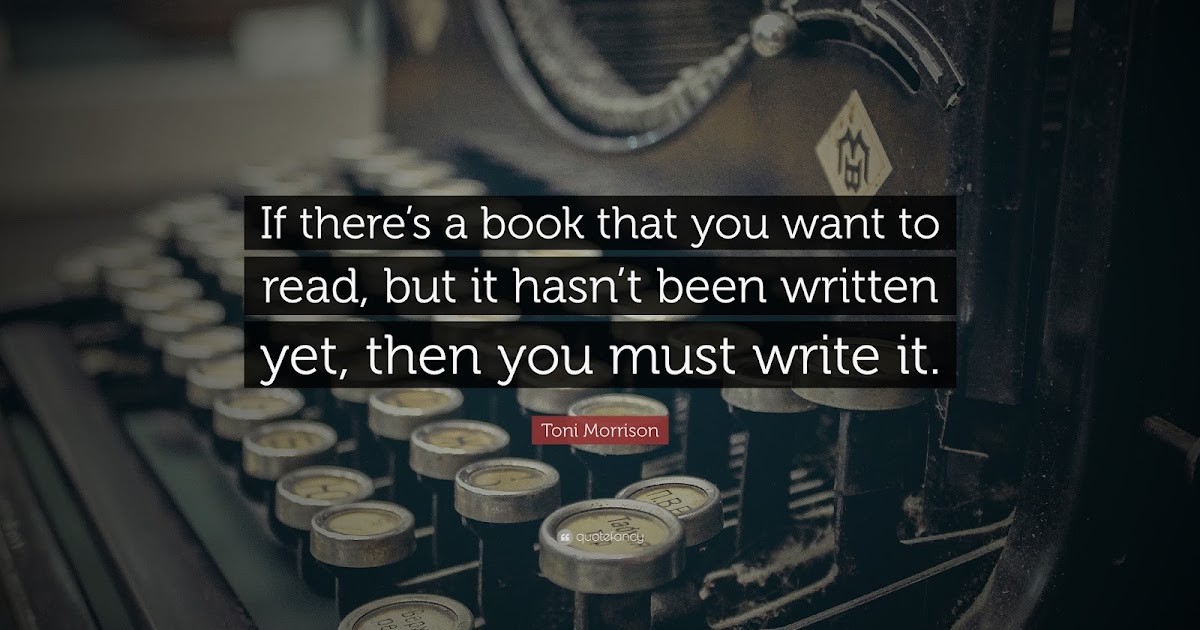 When we give ourselves the opportunity to live our feelings, we let go of this tension. These half an hour alone with ourselves are needed in order for us to move into the position of an observer and see from the outside what is happening to us.
When we give ourselves the opportunity to live our feelings, we let go of this tension. These half an hour alone with ourselves are needed in order for us to move into the position of an observer and see from the outside what is happening to us.
Of course, it is not enough to be only an observer and do nothing at the same time. But after such practice, we will no longer be so dependent on a stressful situation. After all, when we see what we have to do, we do not worry in the now moment. We can relax because we have clarity: where we are, how we feel, what we want, and what we will do to realize our desires.
I can say from my own experience that such a daily practice is a good prevention of stress, it makes it possible to maintain internal balance.
We need to move from the normal state of brain activity to the one that corresponds to relaxation
Where else can we draw strength, replenish our resources?
There are a lot of effective practices. Meditation, for example, helps turn off the flow of thoughts. After all, our brain, like FM radio, “broadcasts” 24 hours a day. And in order to calm the mind, we need to move from the usual beta state of brain activity to the alpha or theta state, corresponding to relaxation and lack of control. It gives us emotional stability.
Meditation, for example, helps turn off the flow of thoughts. After all, our brain, like FM radio, “broadcasts” 24 hours a day. And in order to calm the mind, we need to move from the usual beta state of brain activity to the alpha or theta state, corresponding to relaxation and lack of control. It gives us emotional stability.
For us, direct contact with the earth is important as a source of life force, but a resident of a metropolis rarely walks on the earth - except that he runs from home to the subway or to the car. If we find time to take a walk outside the city or in the park, we immediately feel a surge of strength. You can listen to the music you like. And if we also sing along or dance, then we find ourselves in a stream of creative energy, which also helps us connect with ourselves.
About the expert
Olga Armasova — candidate of medical sciences, leader of women's trainings.
Text: Alina Nikolskaya Photo Source: Getty Images
New on the site
How to make decisions in a stressful situation: 3 tips Bandera, because I have Ukrainian roots”
Is “happiness not in money”? Scientists have found the answer to this question
Conflicts in a couple: 3 signs that we want the impossible from a partner
“We never kissed”: how to escape the friend zone network
“My husband shouted to his daughter: “Turn away!” and kept cutting me”: the story of a crippled make-up artist from Almaty — in the first person
“I’m afraid that I have schizophrenia”
Why can’t I feel anything? | PSYCHOLOGIES
200,867
“What do you think I should feel?” - with this question, my 37-year-old friend Lina completed the story of how she quarreled with her husband when he accused her of stupidity and laziness.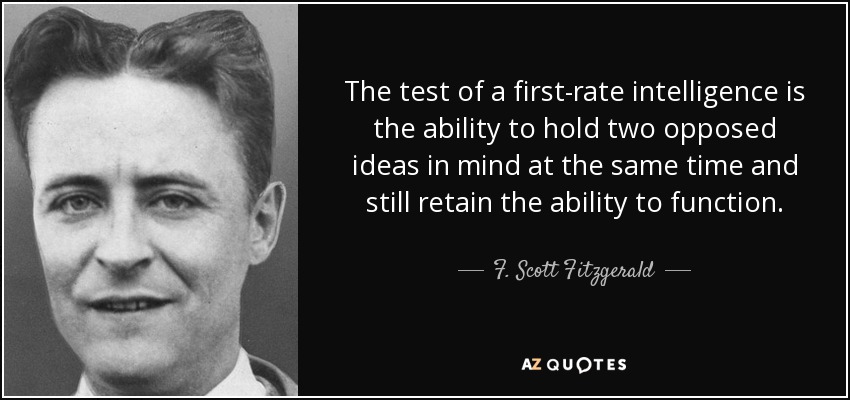 I thought about it (the word “should” does not fit well with feelings) and carefully asked: “What do you feel?” It was my friend's turn to think. After a pause, she said in surprise: “It seems nothing. Does that happen to you?"
I thought about it (the word “should” does not fit well with feelings) and carefully asked: “What do you feel?” It was my friend's turn to think. After a pause, she said in surprise: “It seems nothing. Does that happen to you?"
Of course it happens! But not when we quarrel with my husband. What I feel at such moments, I know for sure: resentment and anger. And sometimes fear, because I imagine that we will not be able to make peace, and then we will have to part, and this thought scares me. But I remember very well that when I worked on television and my boss shouted at me loudly, I absolutely did not feel anything. Just zero emotion. I was even proud of it. Although it is difficult to call this feeling pleasant.
“No emotion at all? It doesn't happen! objected the family psychologist Elena Ulitova. Emotions are the body's reaction to changes in the environment. It affects both bodily sensations, and self-image, and understanding of the situation. An angry husband or boss is a fairly significant change in the environment, it cannot go unnoticed. Then why don't emotions arise? “We lose contact with our feelings, and therefore it seems to us that there are no feelings,” the psychologist explains.
Then why don't emotions arise? “We lose contact with our feelings, and therefore it seems to us that there are no feelings,” the psychologist explains.
We lose contact with our feelings, and therefore it seems to us that there are no feelings
So we just don't feel anything? “Not so,” Elena Ulitova corrects me again. We feel something and can understand it by following the reactions of our body. Has your breathing increased? Forehead covered with perspiration? Were there tears in your eyes? Hands clenched into fists or legs numb? Your body is screaming, "Danger!" But you do not pass this signal into consciousness, where it could be correlated with past experience and called words. Therefore, subjectively, you experience this complex state, when the reactions that have arisen encounter a barrier on the way to their awareness, as the absence of feelings. Why is this happening?
Too much luxury
For a person who is attentive to his feelings, it is probably more difficult to step over “I don’t want”? “Obviously, feelings should not be the only basis for making decisions,” clarifies existential psychotherapist Svetlana Krivtsova. “But in tough times, when parents don't have time to listen to their feelings, kids get the hidden message: 'This is a dangerous topic, it can ruin our lives.'
“But in tough times, when parents don't have time to listen to their feelings, kids get the hidden message: 'This is a dangerous topic, it can ruin our lives.'
One of the causes of insensitivity is the lack of training. Understanding your feelings is a skill that may never be developed.
“For this, a child needs the support of his parents,” Svetlana Krivtsova points out, “but if he receives a signal from them that his feelings are not important, they do not decide anything, they are not taken into account, then he ceases to feel, that is, ceases to be aware of his feelings.”
Of course, adults do not do this maliciously: “This is the peculiarity of our history: for whole periods society was guided by the principle “not to fat, if I were alive”. In a situation where you have to survive, feelings are a luxury. If we feel, we may be ineffective, not doing what we need to do.”
Boys are often forbidden everything that is associated with weakness: sadness, resentment, fatigue, fear
Lack of time and parental strength leads to the fact that we inherit this strange insensitivity. “Other models fail to assimilate,” the therapist regrets. “As soon as we begin to relax a little, the crisis, default, and ultimately fear again force us to group up and broadcast the “do what you must” model as the only correct one.”
“Other models fail to assimilate,” the therapist regrets. “As soon as we begin to relax a little, the crisis, default, and ultimately fear again force us to group up and broadcast the “do what you must” model as the only correct one.”
Even a simple question: "Do you want some pie?" for some it is a feeling of emptiness: "I don't know." That's why it's so important for parents to ask questions ("Does it taste good to you?") and honestly describe what is happening to the child ("You have a temperature", "I think you are afraid", "You might like this") and to others. (“Dad gets angry”).
Vocabulary oddities
Parents build vocabulary that will eventually allow children to describe and understand their experiences. Later, children will compare their experiences with the stories of other people, with what they see in films and read in books ... In the vocabulary we have inherited, there are also forbidden words that are better not to use. This is how family programming works: some experiences are approved, others are not.
“Each family has its own programs,” continues Elena Ulitova, “they may differ depending on the gender of the child. Boys are often forbidden everything that is associated with weakness: sadness, resentment, fatigue, tenderness, pity, fear. But anger, joy, especially the joy of victory are allowed. In girls, it’s more often the other way around – resentment is allowed, anger is forbidden.”
In addition to prohibitions, there are also prescriptions: girls are ordered to be patient. And they forbid, accordingly, to complain, to talk about their pain. “My grandmother liked to repeat: “God endured and commanded us,” recalls 50-year-old Olga. - And the mother proudly told that during the birth she "did not make a sound." When I gave birth to my first son, I tried not to scream, but I did not succeed, and I was ashamed that I did not meet the “set bar”.
Call by their proper names
By analogy with the way of thinking, each of us has our own "way of feeling" associated with the belief system. “I have the right to some feelings, but not to others, or I have the right only under certain conditions,” explains Elena Ulitova. - For example, you can be angry with a child if he is guilty. And if I believe that he is not to blame, my anger can be forced out or change direction. It can be directed at yourself: "I'm a bad mother!" All mothers are like mothers, but I can't comfort my own child.
“I have the right to some feelings, but not to others, or I have the right only under certain conditions,” explains Elena Ulitova. - For example, you can be angry with a child if he is guilty. And if I believe that he is not to blame, my anger can be forced out or change direction. It can be directed at yourself: "I'm a bad mother!" All mothers are like mothers, but I can't comfort my own child.
Anger can hide behind resentment - everyone has normal children, but I got this one, yelling and yelling. “The creator of transactional analysis, Eric Berne, believed that feelings of resentment did not exist at all,” recalls Elena Ulitova. - This is a "racket" feeling; we need it to use it to force others to do what we want. I’m offended, so you should feel guilty and somehow make amends.”
If one feeling is constantly suppressed, then others weaken, shades are lost, emotional life becomes monotonous
We are able not only to replace some feelings with others, but also to shift the range of experiences along the “plus-minus” scale. “One day I suddenly realized that I didn’t feel joy,” admits 22-year-old Denis, “it snowed, and I think:“ It will become slushy, it will be slushy. The day began to increase, I think: “How long to wait, so that it becomes noticeable!”
“One day I suddenly realized that I didn’t feel joy,” admits 22-year-old Denis, “it snowed, and I think:“ It will become slushy, it will be slushy. The day began to increase, I think: “How long to wait, so that it becomes noticeable!”
Our "image of feelings" indeed often gravitates towards joy or sadness. “The reasons may be different, including a lack of vitamins or hormones,” says Elena Ulitova, “but often this condition occurs as a result of upbringing. Then, after realizing the situation, the next step is to give yourself permission to feel.
It's not about having more "good" feelings. The ability to experience sadness is just as important as the ability to rejoice. It is about expanding the spectrum of experiences. Then we won't have to invent "pseudonyms", and we will be able to call feelings by their proper names.
Feelings and time
This hint will help you deal with your feelings. Being related to "its" time, the feeling helps to solve the problem. Otherwise, it masks another feeling.
Otherwise, it masks another feeling.
Sorrow says that you need to say goodbye to something, grieve about something, forget it, or, conversely, turn it into a memory.
Fear calls us to provide protection against possible danger.
Anger - a signal that my boundaries have been violated and they must be defended right now.
Resentment does not help in this case.
Joy is timeless: one can rejoice about what was, what is now or will happen in the future. It helps us to enjoy life at all time intervals.
Too strong emotions
It would be wrong to think that the ability to “turn off” feelings always arises as a mistake, a defect. Sometimes she helps us. At the moment of mortal danger, many experience numbness, up to the illusion that "I'm not here" or "everything is happening not to me." Some "feel nothing" immediately after the loss, left alone after separation or death of a loved one.
“Here it is not the feeling as such that is forbidden, but the intensity of this feeling,” explains Elena Ulitova. “A strong experience causes a strong excitation, which in turn includes a protective inhibition.” This is how the mechanisms of the unconscious work: the unbearable is repressed. Over time, the situation will become less acute, and the feeling will begin to manifest itself.
The emotional shutdown mechanism is designed for emergencies and is not meant to be used for a long time.
We may be afraid that some strong feeling will overwhelm us if we let it out and we won't be able to handle it. “I once broke a chair in a rage and now I am sure that I can cause real harm to the person with whom I am angry. Therefore, I try to be restrained and not give vent to anger, ”admits 32-year-old Andrei.
“I have a rule: don't fall in love,” says 42-year-old Maria. “Once I fell in love with a man without memory, and he, of course, broke my heart. Therefore, I avoid attachments and am happy.” Maybe it's not bad if we give up feelings that are unbearable for us?
Therefore, I avoid attachments and am happy.” Maybe it's not bad if we give up feelings that are unbearable for us?
Why feel
The emotion cut-off mechanism is intended for emergency situations, it is not designed for long-term use. If we constantly suppress one feeling, then others weaken, shades are lost, emotional life becomes monotonous. “Emotions testify that we are alive,” says Svetlana Krivtsova. - Without them it is difficult to make a choice, to understand the feelings of other people, which means it is difficult to communicate. Yes, and the experience of emotional emptiness in itself is painful. Therefore, it is better to re-establish contact with "lost" feelings as soon as possible.
So the question "How should I feel?" better than a simple "I don't feel anything." And, surprisingly, there is an answer to it - “sadness, fear, anger or joy.” Psychologists argue about how many "basic feelings" we have. Some include in this list, for example, self-esteem, which is considered innate.

